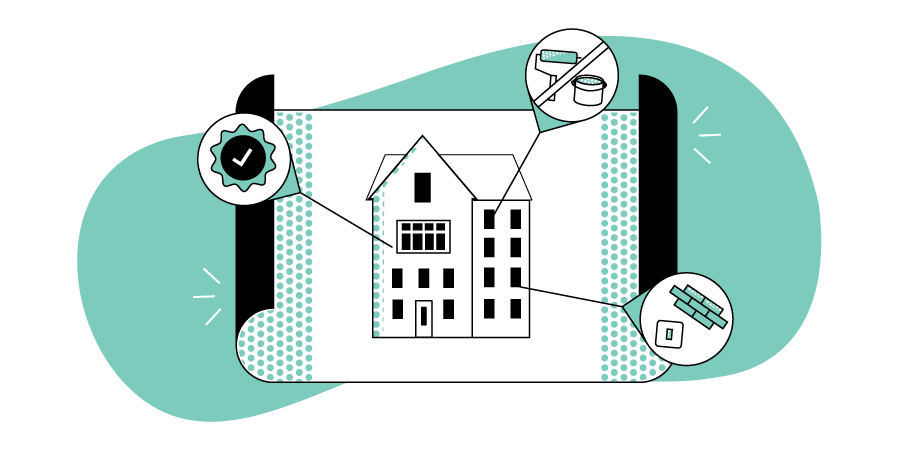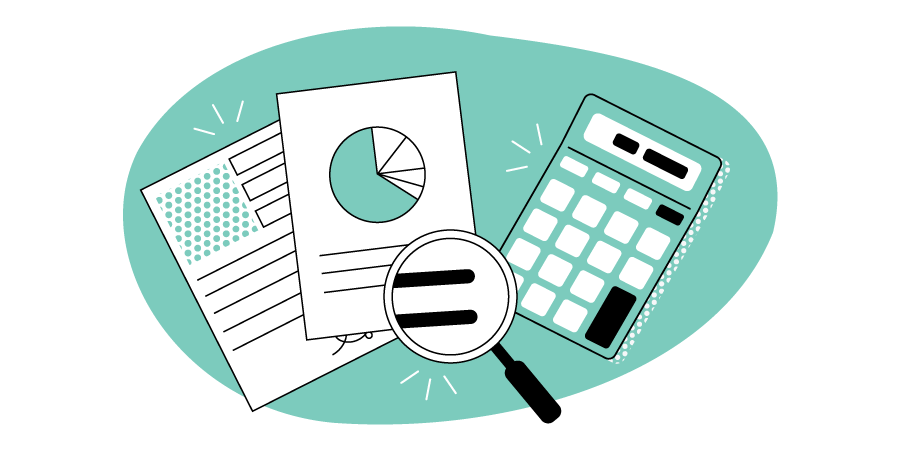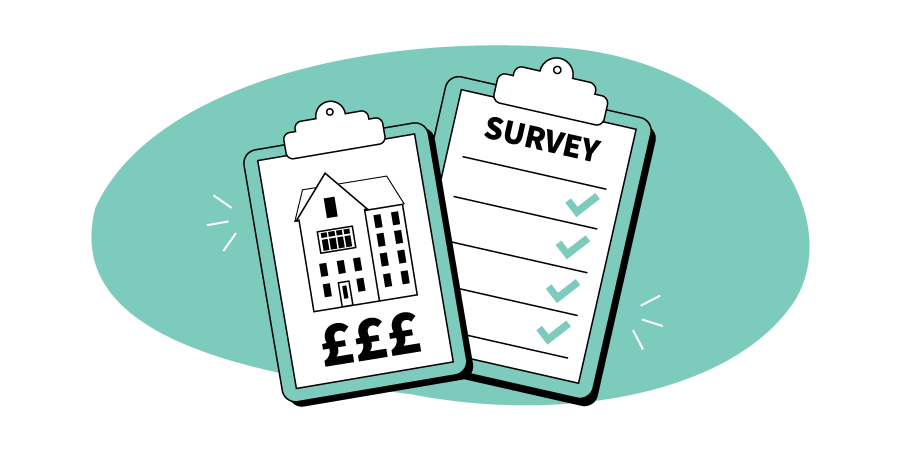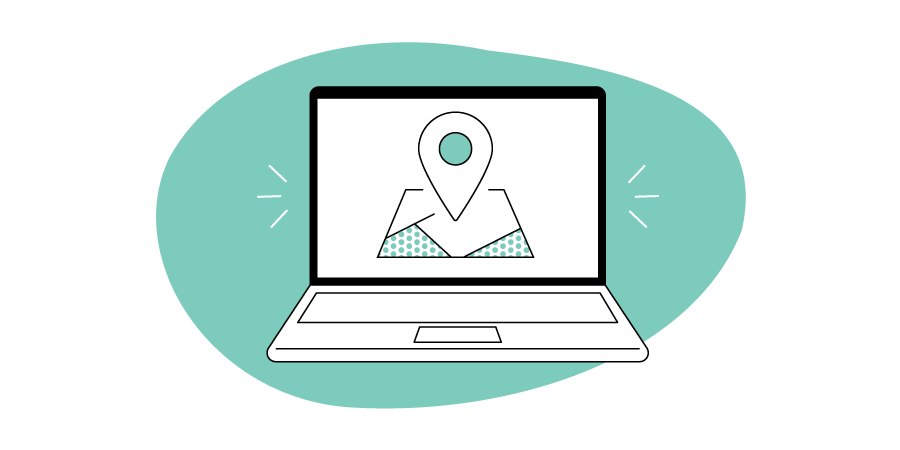
Buying off-plan is an increasingly popular and effective way of purchasing a brand-new home in London. In fact, the National Association of Property Buyers (NAPB) has reviewed data from Rightmove and noted that in 2021, 37% of all new properties sold in England and Wales were sold off-plan. *
But what do you need to know to buy this way? In this guide, we’ll look at some of the benefits, how to buy off-plan, and cover the essential questions to ask the developer.
*Source https://www.buyassociationgroup.com/en-gb/2022/04/08/buying-off-plan-in-2022/
What is an off-plan property?
When you buy off-plan, you’re purchasing a property that has yet to finish construction. That means you’re using the floorplans, CGIs and working drawings to see what the finished product should look like and purchasing based on that information.
New-build homes in London

What are the benefits of buying off-plan?
- You may be able to add your own personal touches, including kitchen upgrades, flooring, fittings and more.
- You don’t need to do anything when you move in. No need to decorate or do complex DIY, it’s all set.
- You’ll get guarantees. For example, all Barratt London homes come with the 10-year NHBC Buildmark Warranty and a two-year fixtures and fitting warranty as standard.
- Your brand-new home will meet the latest standards for energy-efficiency and convenience, saving you money and helping the environment.
- You’ll enjoy knowing you are the first person to ever live in that property.
- You could have more time to save up for anything you want for your new home.
Seven steps to buying your off-plan home
1. Find the right property

You won’t be able to visit the property, which is why it’s important to research the developer and carefully review their plans and timelines. It’s also a good idea to visit the area, as well as the site’s show home (if one is available) in order to get an idea of what your finished home might look like.
2. Choose a mortgage adviser
Make use of online calculators to get a sense of what your budget might be, what deposit you’ll need and what your monthly payments might come to. Then, find a mortgage adviser who can confirm how much you’ll be able to borrow. Let them know you’re buying off-plan so they can find a lender who provides off-plan mortgages, as not every lender does. Don’t forget, there are free and fee-paying mortgage advisers, with different benefits for each.

3. Reserve your future home
You’ve found the plot you like, and you’re confident you can get a mortgage to suit. Now it’s time to reserve your home and pay a reservation fee – this is usually between £500 and £2,000, and often comes off the total cost of the property.
4. Find your ideal conveyancer
A conveyancer, or solicitor, carries out all the legal work involved in buying a new home, which can sometimes seem like a complex process. An experienced solicitor can help with everything from identity checks to mortgage contracts, exchange dates and anything else that comes up in the process.
Click below to learn more.
A guide to the conveyancing process
5. Arrange your mortgage
Your lender will usually want to organise a surveyor’s valuation based on the plans and development specification to make sure your home is worth what you’re paying for it. Once this is done, they can issue you with a mortgage.
6. Exchange contracts and pay your deposit
When the solicitors are satisfied, there will be contracts to sign and a deposit to pay which is usually 10% of the final price. This is different from your mortgage deposit, which will also need to be paid at this time. Once you’ve exchanged contracts, you’re legally obliged to pay the rest of the deposit and buy the property.
7. Get ready for completion day
Now it’s time to agree a completion date with your developer, when your new-build home will be ready. If you want to see your home before completing, this might be possible – but check with your developer.
On your completion date, you’ll need to pay the remaining balance on the property, as well as any Stamp Duty if applicable, and you’ll be given the keys to your new home.
Don’t forget, if you’re a first-time buyer, you may benefit from reduced Stamp Duty fees, or not have to pay Stamp Duty at all. Our handy guide explains all.
Key questions to ask your off-plan developer
General questions
• Are there any rules around the mortgage broker or solicitor I use?
Developers may recommend mortgage brokers and solicitors, but ultimately, it’s your choice whether to work with them or not.
• When will the development be finished?
If your new home is part of a larger development, work may continue around it. You’ll need to discuss this sort of thing with your developer.
• What are the specifications for my property?
Make sure you know exactly what’s included in your sale, from flooring to kitchen appliances. If features are not included, you may be able to purchase them from the developer at an additional cost.
• What documentation should I get upon completion?
Your solicitor should handle this on your behalf, but you should receive copies of every certification, warranty and important document necessary for sale.
• What tax band will my home be in?
You can use national tools to check the council tax band of different homes, but off-plan properties won’t show up. So, make sure to check with the developer to confirm your annual council tax bill.
When buying a flat
• What are the rules of the lease?
Make sure you thoroughly go through the lease with your solicitor. Make sure you’re aware of key details like the length of the lease, ground rent and other charges, as well as any restrictions you will have.
• Will there be a service charge?
If a new estate is privately managed, it’s the owner’s responsibility to maintain shared spaces, with every property paying a service charge. Make sure this is affordable for you.
When buying a house
• Can I buy the freehold?
All standalone houses are now freehold, not leasehold. However, flats are still regularly sold as leasehold, but the option to purchase a share may well exist.

Looking to go off-plan in London?
As one of the most desirable and popular cities in the world, demand for property in London is high. Whether you want to live in Hendon, Tooting Bec, Wembley or Harrow, there’s a lot to consider.
We understand there’s a lot of information to go through, so we’ve pulled together more advice on choosing and buying the right off-plan property.
If you’re ready to buy off-plan in London, you can search through all our available developments here. If you’re still looking for inspiration and advice, we can help with that too. Read our guide for first-time buyers in London here.




